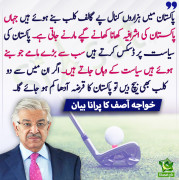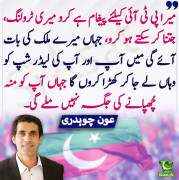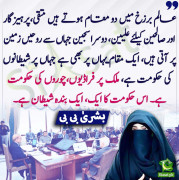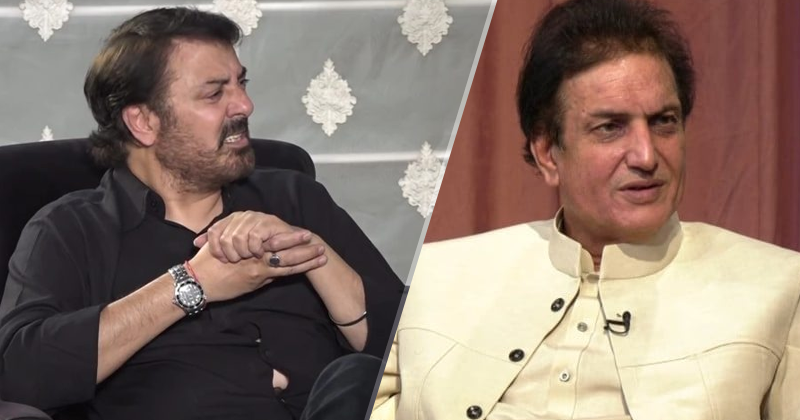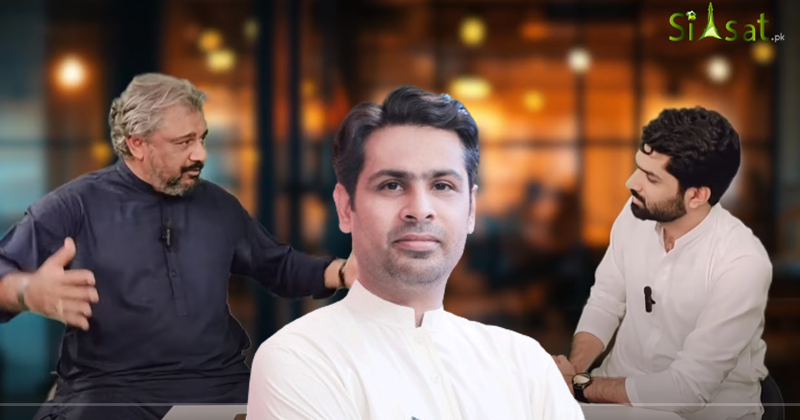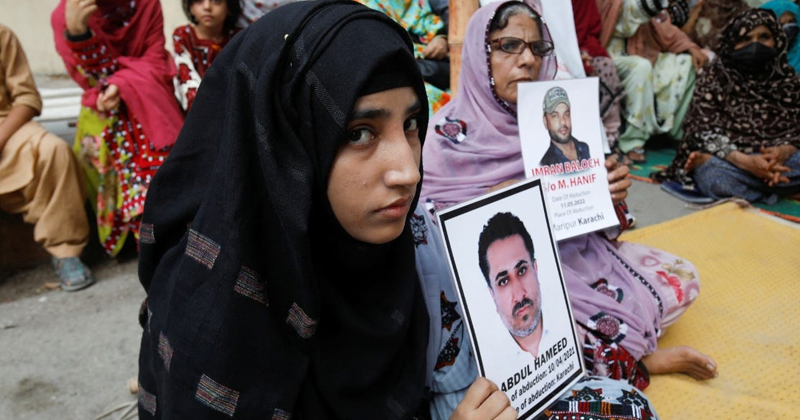Believing in Hadith, the sayings and actions of Prophet Muhammad (peace be upon him), is crucial for understanding and applying the teachings of the Quran effectively. Here are compelling reasons supported by Quranic verses and their Hadith contexts:
I will start with Surah Abasa, Can you understand what the Quran means when it says " He frowned" Sura Abasa? Who frowned? The Quran never mentions the name of who frowned and why he frowned.
Therefore, embracing Hadith alongside the Quran is essential for Muslims striving to follow the complete guidance of Islam, ensuring a balanced and informed approach to faith and practice.
It is my understanding those who reject Hadeess simply don't understand the Quran as well. If you ask them what does Quran mean when it says " He frowned" in Sura 80. Who frowned? they will not be able to explain who Allah is talking about unless they read Hadees and understand that this incident in the Quran is about
a Nabina Sahabi, Abdullah ibn Umm Maktum. Most of the Quran is unexplainable without Hadees. For Example, when Hazrat Aisha was wrongly blamed, the Quran came to her defence. Now unless you have read Hadees and understand the story behind it, you won't understand why the Quran told us about her good character.
I will start with Surah Abasa, Can you understand what the Quran means when it says " He frowned" Sura Abasa? Who frowned? The Quran never mentions the name of who frowned and why he frowned.
- Surah Abasa (Quran 80:1-4)
- Quranic Verses: "He frowned and turned away when the blind man came to him. For how do you know? He might purify himself, or be reminded, and the message might benefit him." (Quran 80:1-4)
- Hadith Context: These verses were revealed when Prophet Muhammad was engaged in discussion with leaders of the Quraysh, neglecting a blind man, Abdullah ibn Umm Maktum, who sought guidance about Islam. The Quran highlights the Prophet's action, but it's the Hadith that explains why this incident occurred, teaching us about the Prophet's priorities and the importance of equitable treatment for all, regardless of social status.
- Surah Al-Masad (Surah 111)
- Quranic Verses: "May the hands of Abu Lahab be ruined, and ruined is he..." (Quran 111:1-4)
- Hadith Context: This surah condemns Abu Lahab and his wife for their opposition to Islam. The Hadith provides historical context, detailing Abu Lahab's hostility towards the Prophet Muhammad. Understanding this Hadith enriches our understanding of the Quran's condemnation of those who oppose the message of Islam and emphasizes the consequences of their actions.
- Surah Al-Ma'idah (Quran 5:38)
- Quranic Verse: "And [as for] the thief, the male and the female, amputate their hands..." (Quran 5:38)
- Hadith Context: The Hadith specifies the conditions under which the punishment of amputation applies for theft, ensuring justice and deterrence. It clarifies the implementation of this Quranic command, emphasizing the practical application of Islamic law in a just and fair manner.
Therefore, embracing Hadith alongside the Quran is essential for Muslims striving to follow the complete guidance of Islam, ensuring a balanced and informed approach to faith and practice.
It is my understanding those who reject Hadeess simply don't understand the Quran as well. If you ask them what does Quran mean when it says " He frowned" in Sura 80. Who frowned? they will not be able to explain who Allah is talking about unless they read Hadees and understand that this incident in the Quran is about
a Nabina Sahabi, Abdullah ibn Umm Maktum. Most of the Quran is unexplainable without Hadees. For Example, when Hazrat Aisha was wrongly blamed, the Quran came to her defence. Now unless you have read Hadees and understand the story behind it, you won't understand why the Quran told us about her good character.




